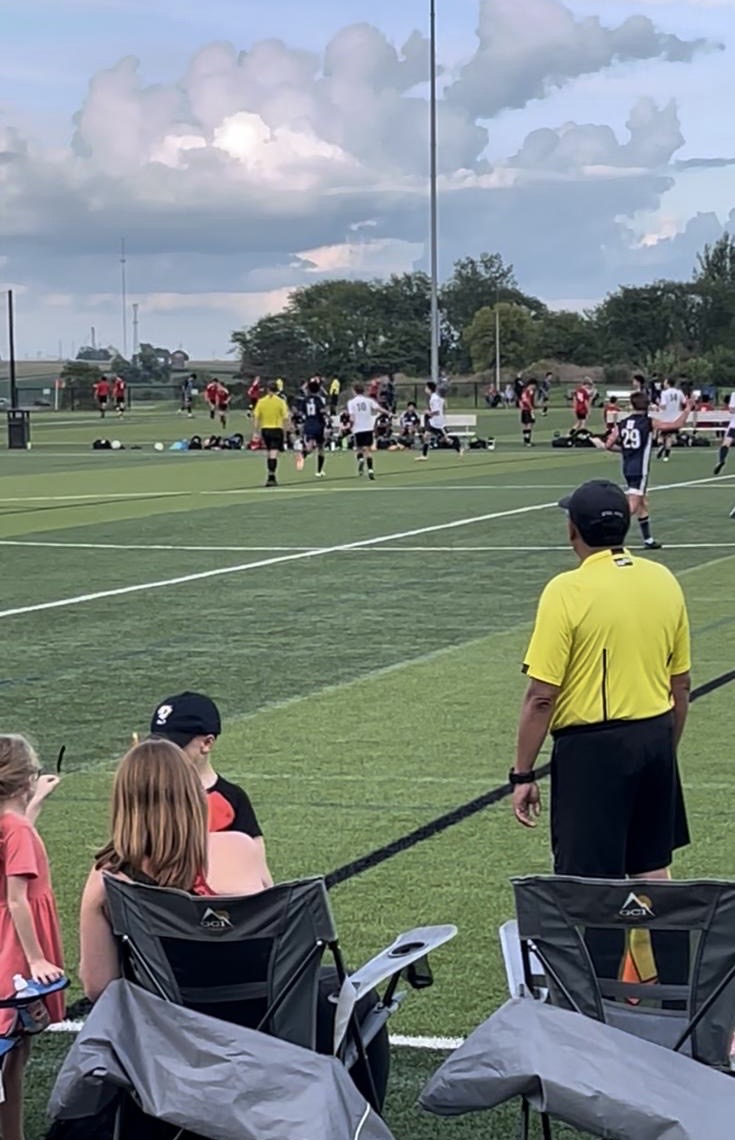2021 introduced a record number of anti-transgender bills, a trend which has continued into 2022 with seven states already proposing discriminatory laws in the first week. Recent controvery has erupted across the country, even in states where the trans population is considerably smaller, such as Montana and South Dakota.
South Dakota Senate Bill 46, which bans transgender women and girls from competing in school sports leagues matching their gender identity, was passed by the South Dakota Congress on Jan. 19.
In March 2021, South Dakota Gov. Kristi Noem issued two executive orders pertaining to the limitation of transgender athletes competing with their gender identity, and Senate Bill 46 is a solidification of her previous orders. The new anti-transgender legislation has provoked a wide range of perspetives: Republicans claimed the bill enforces equal opportunity for women, while Democrats argued the bill is “an effort to bully children for the sake of a political cause that has not been an issue in South Dakota.”
Senate Bill 46 is likely to sweep across the overwhelmingly Republican House of Representatives in the near future, and South Dakota will join states such as Tennessee and West Virginia with solidified anti-transgender sports laws.
The same argument from South Dakota stands for the politicans in Iowa who oppose the anti-transgender bills proposed here; some feel as if the goal is to push a political agenda which subsequently harms children as both states have a lower percentage of teens who identify as transgender and their participation in sports has not aroused any issues.
Although the legislation in South Dakota pertains to athletics, the bill can have an impact on mental health, as well. Senior cross country and track athlete Ashley Lindquist feels as if such a bill has a drastic impact on all transgender people, whether they’re athletes or not. “It can be really mentally hurtful to see discrimination against a community you’re a part of,” she stated.
Anti-transgender bills in the Iowa Senate have been circulating around for some time, though nothing has passed so far. Gov. Kim Reynolds has claimed that she would undoubtedly pass such a bill if one reached her desk, claiming that transgender teens competing creates fairness issues.
The topic has been polarizing in state governments, and many individuals can see the argument for both sides. “As an athlete, it’s such a controversial issue,” said Senior Jahni Harn. “I totally support people being who they want, but it definitely creates disadvantages for some athletes.”
Although a handful of states have anti-transgender bills in circulation, many states oppose such regulations. The transgender teen population in Iowa is comparatively small in relation to the national average – 0.39% and 0.73%, respectively – however many athletes such as Lindquist feel that the emotional and physical outcomes of such a bill would have predictable and possibly detrimental outcomes, both for cisgender and transgender athletes.









